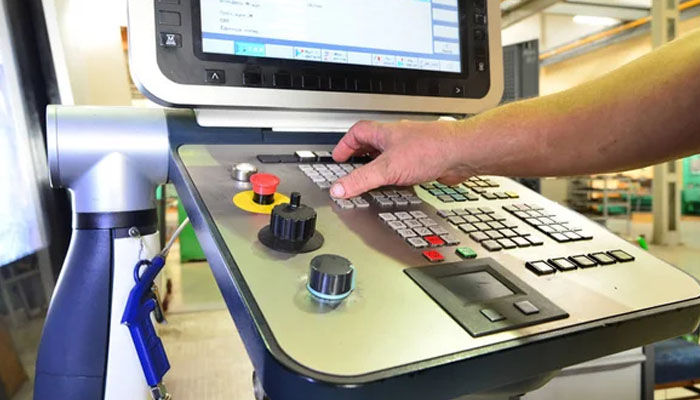Load Cells and Their Impact on Accurate Weighing in Manufacturing & Beyond
- Li wei
- Aug 4
- 1 min read

Load cells are specialized sensors that transform mechanical pressure into measurable electrical alerts, supporting correct weighing in business settings. They're essential in operations where precision is essential.
Most industries rely upon stress gauge load cells, which measure deformation through shifts in resistance. Hydraulic and pneumatic load cells provide specific advantages in high-strain or sensitive environments.
These gadgets are hit upon deformation when pressure is applied, changing them into digital output. This output feeds into control systems for reliable tracking and automatic decision-making.
Accuracy relies heavily on regular calibration. Technicians should automatically examine the burden cellular's output with acknowledged weights and adjust as desired. Maintenance prevents wear-related float and ensures long-term reliability.
Digital load cells now offer real-time feedback, ease of integration, and superior statistical accuracy. They guide automation and excellent control in programs like production, logistics, and healthcare.
Used for duties ranging from automobile weight exams to remedy dosing and farm animals feeding, load cells increase operational efficiency. Though touchy to environmental factors, new materials and clever design reduce mistakes drastically.
Load cells, whilst nicely-maintained and well hooked up, provide reliable outcomes and contribute to data-driven performance in today’s tech-driven industries.
Visit our site: TYCOONSTORY
.jpg)


Comments